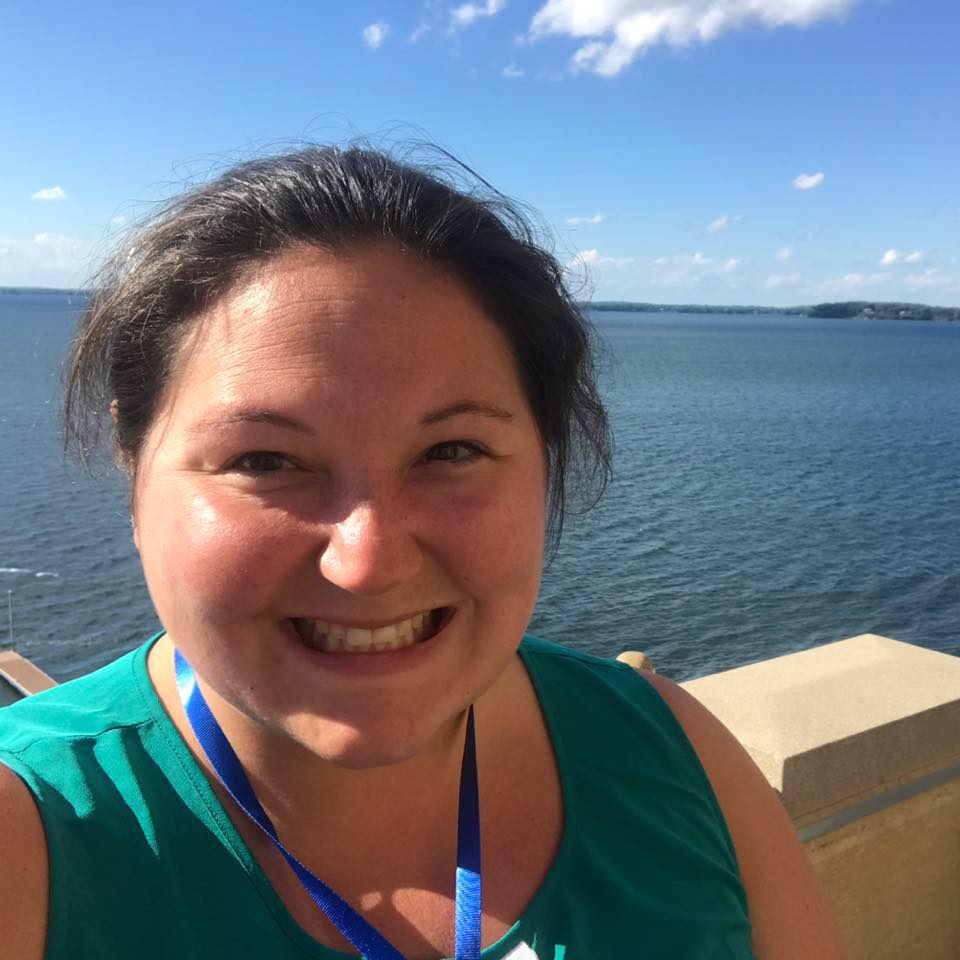Sarah Buck
Sarah has been with the Rural Community Assistance Partnership (RCAP) for over three years and has been part of the RCAP family since 2013. Based in Maine as the Chief Programs Officer, she oversees the majority of RCAP's environmental (water, wastewater, solid waste) and community and economic development programming, including fund development and grants management. She is a senior leadership team member and has more than 11 years of experience working for water-focused nonprofits.
Session One:
Track: TAP Skills: Regionalization
Title: Regionalization 101: Basics for Newer TAPs
Day/Time: Tuesday, 8/16 | 3:30 pm – 5:00 pm
Description: Regionalization is a challenging topic, and RCAP has built out a particular methodology, best practices, and set of values to help small systems be more sustainable and resilient through partnerships, big and small. The session, designed for newer TAPs and those with less experience with regionalization, will include an overview of how RCAP defines regionalization, hands-on sample activities that can be used with communities when implementing regional collaboration, case studies, lessons learned from the field, and the review of key tools and resources. Ohio RCAP team members will share their experience facilitating a bulk purchase agreement between neighboring communities. Highlights will include a description of the negotiation timeline, simple tactics to improve teamwork, pitfalls when aligning with SRF deadlines, and knowing your individual and collective role(s) as TA providers.
Session Two:
Track: Tour of Rumpke Material Recycling
Day/Time: Wednesday, 8/17 | 9:30 am – 12:30 pm
Session Three:
Track: What’s New at National RCAP
Day/Time: Thursday, 8/18 | 8:00 am – 9:30 am
Session Four:
Track: TAP Skills: Wastewater
Title: Treatment Works and the Bipartisan Infrastructure Law
Day/Time:Thursday, 8/18 | 1:30 pm – 3:00 pm
Description: This presentation will be an overview of the wastewater world we live in today, including the needs and common problems TAPs encounter every day. We’ll present case studies and experiences concerning centralized and decentralized wastewater as references for overcoming mounting wastewater challenges. Ultimately, we will share our vision for how we see wastewater in the future and RCAP’s role in protecting the public and environmental health through our work. In this discussion, we will also share additional details and get feedback on the new Treatment Works (TW) program, better understand TAP and small, rural, and tribal community needs to inform future TW and EPA NPA2 proposals, and also share some highlights about the new Bipartisan Infrastructure Law (BIL) funding opportunities related to the Clean Water SRF.
